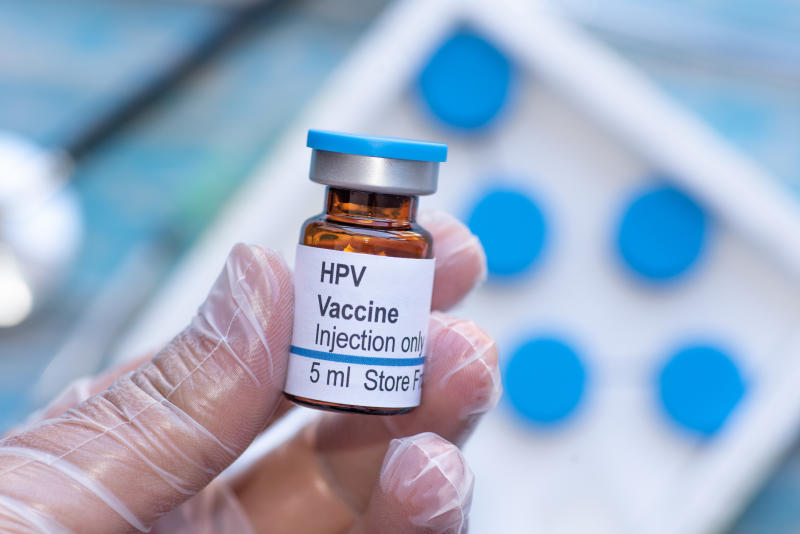×
The Standard e-Paper
Kenya’s Boldest Voice

Human papillomavirus (HPV) vaccine [Courtesy]
There is a silver lining in the fight against cervical cancer after a team of largely Kenyan women researchers released of a single shot vaccine.